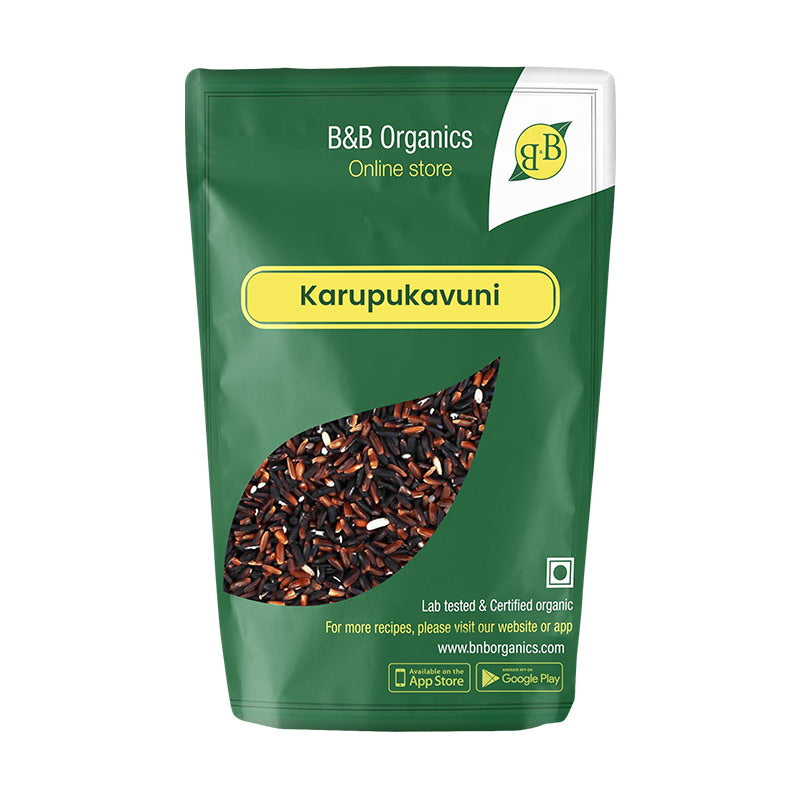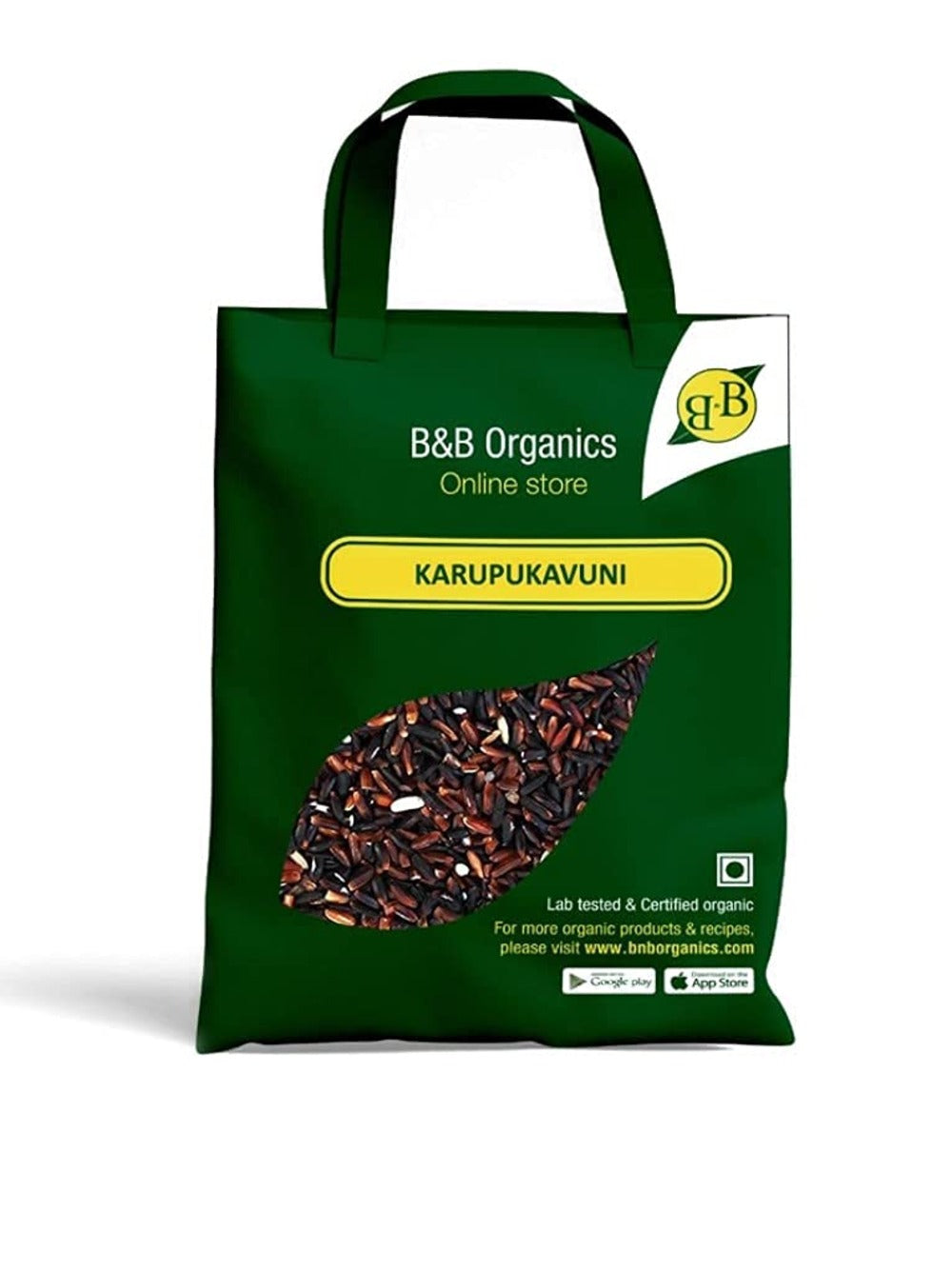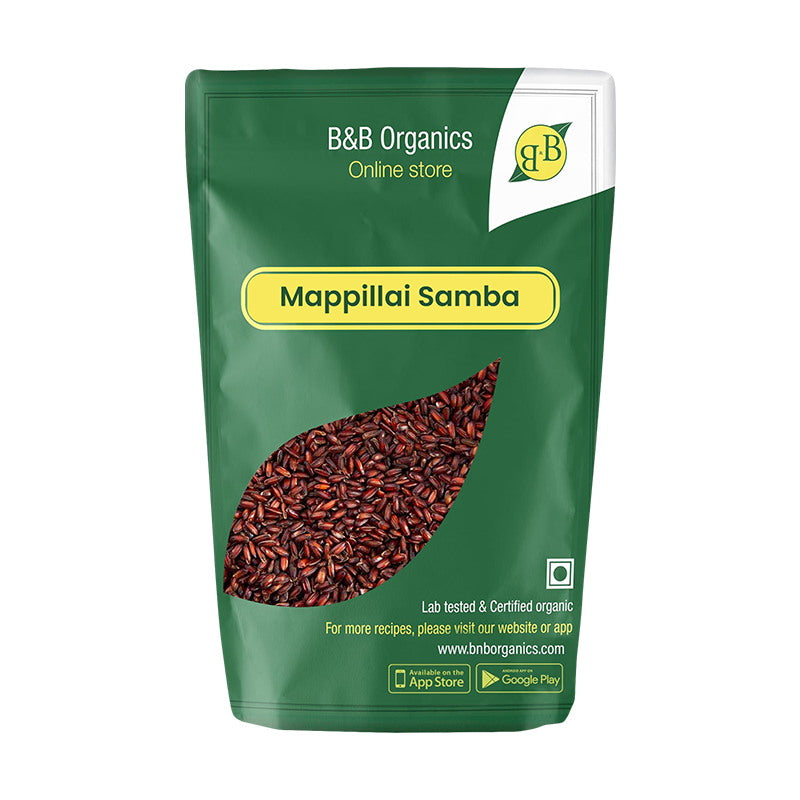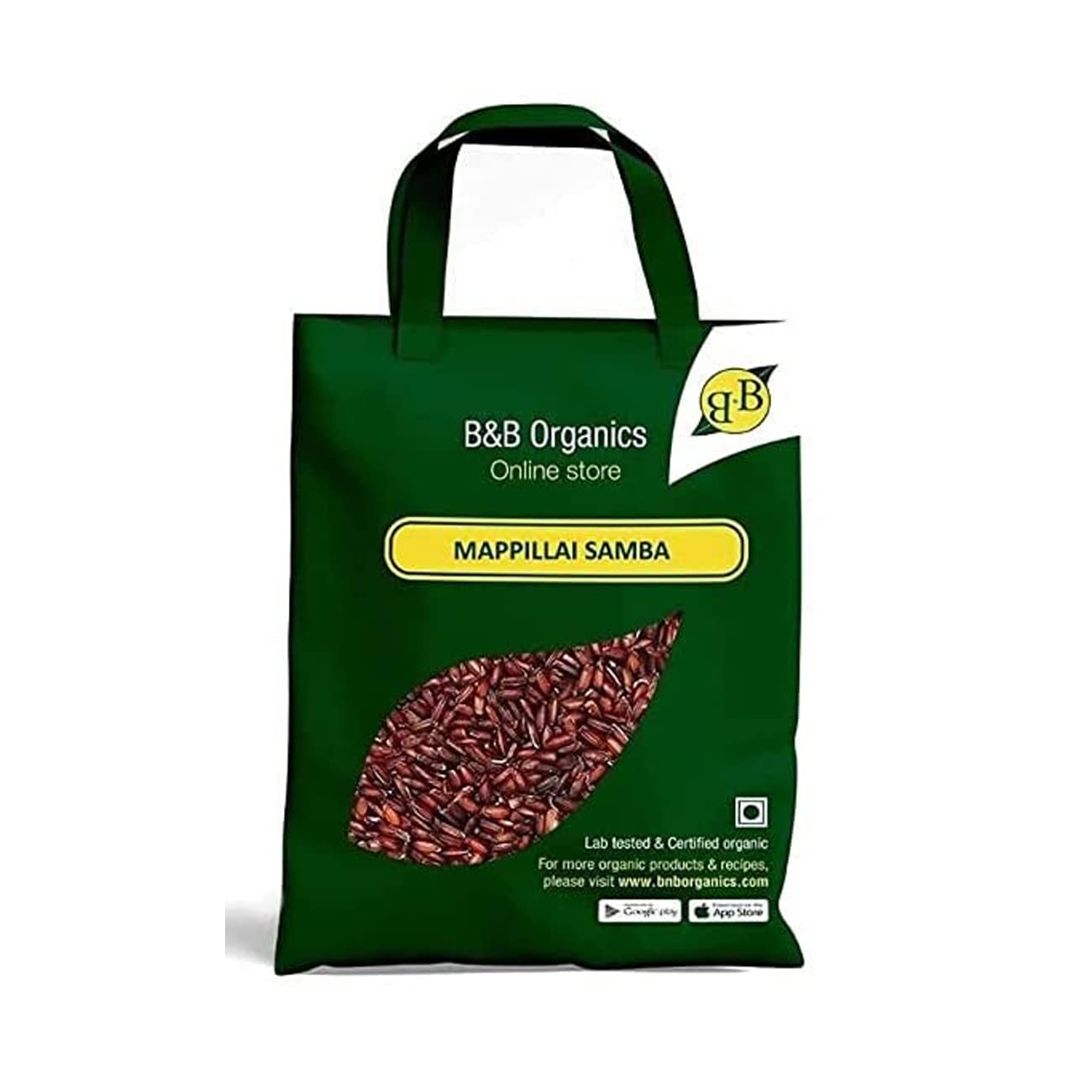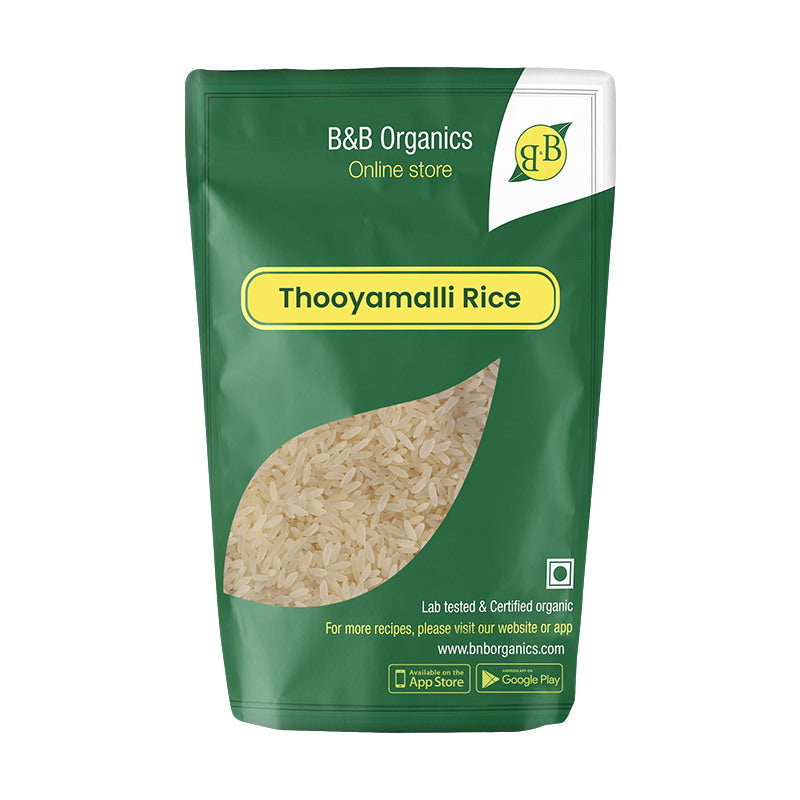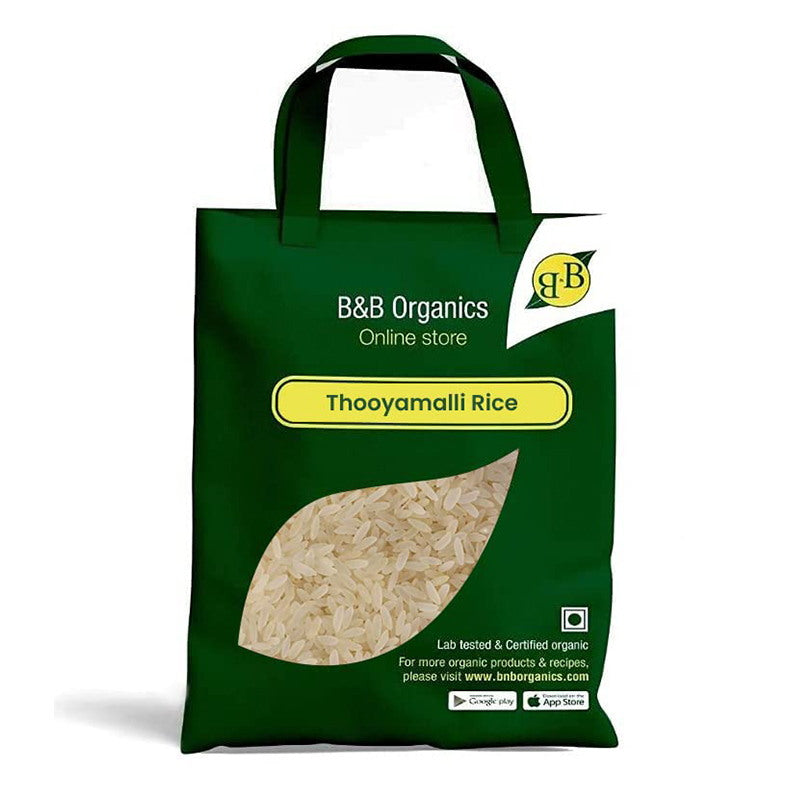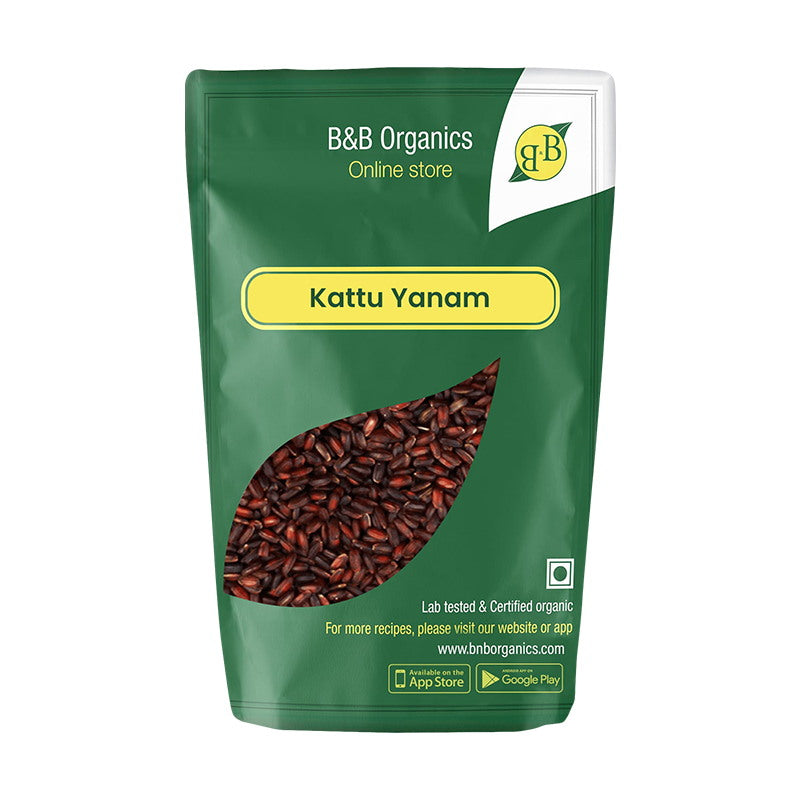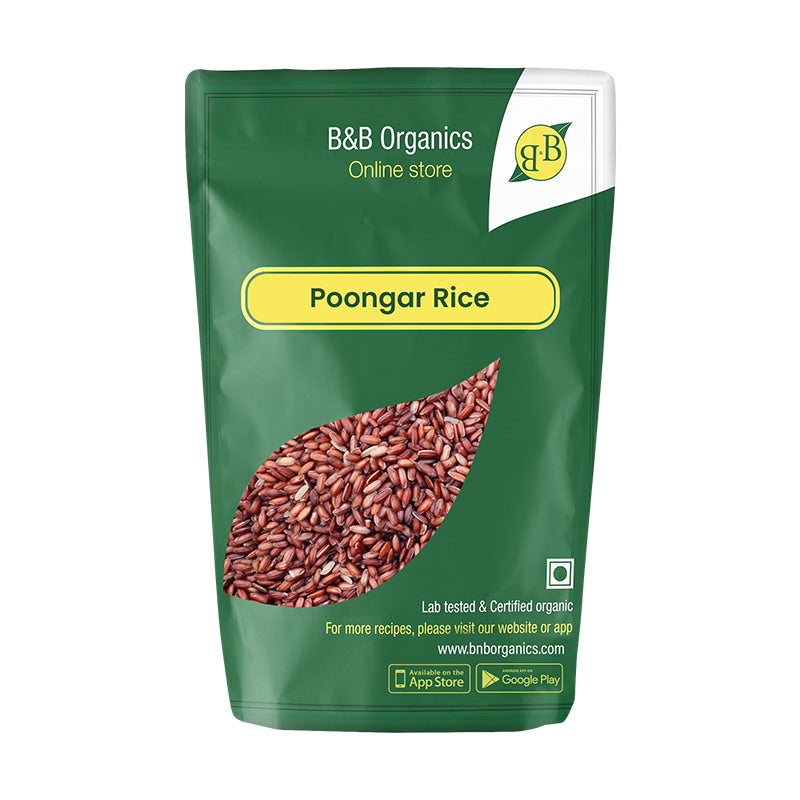Sugarcane jaggery, a traditional sweetener derived from sugarcane juice, has gained popularity as a healthier alternative to refined sugar. It is known for its rich flavor and potential health benefits. One common concern among individuals with diabetes or those monitoring their blood sugar levels is how jaggery affects their glycemic control. In this article, we will explore the impact of sugarcane jaggery on
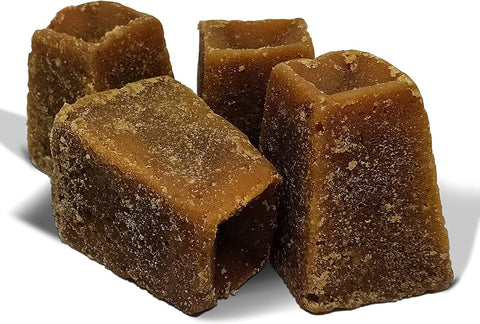
blood sugar levels and its suitability for individuals with diabetes.
Understanding Glycemic Index:
The glycemic index (GI) is a measure of how quickly a carbohydrate-containing food raises blood sugar levels. Foods with a high GI value cause a rapid spike in blood sugar, while those with a low GI value are digested and absorbed more slowly, resulting in a more gradual increase. The impact of sugarcane jaggery on blood sugar levels can be evaluated by considering its GI.
Glycemic Index of Sugarcane Jaggery:
Sugarcane jaggery typically has a higher GI compared to other natural sweeteners such as honey or maple syrup. It is classified as a medium GI food, with values ranging from 50 to 80 depending on various factors like processing methods and purity. Although lower GI options are available, the GI of jaggery is still relatively moderate when compared to highly processed sugars.
Factors Influencing Blood Sugar Response:
Several factors influence how our bodies respond to the consumption of sugarcane jaggery. These include the quantity consumed, the presence of other macronutrients in the meal, individual metabolic factors, and overall dietary patterns. Consuming jaggery in moderate amounts as part of a balanced meal may have a lesser impact on blood sugar levels than consuming it alone or in
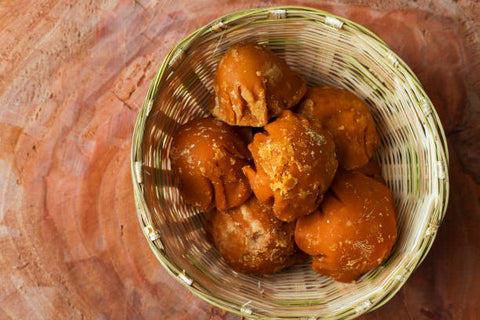
excessive quantities.
Fiber and Nutrient Content:
One advantage of sugarcane jaggery over refined sugar is its relatively higher content of essential minerals and vitamins. Jaggery retains some of the natural nutrients present in sugarcane, including iron, magnesium, potassium, and calcium. Additionally, it contains trace amounts of dietary fiber, which may help slow down the digestion and absorption of carbohydrates, potentially mitigating blood sugar spikes.
Portion Control and Moderation:
While jaggery offers some potential benefits, it is crucial to emphasize portion control and moderation when consuming it, especially for individuals with diabetes or those aiming to manage their blood sugar levels. Excessive intake of jaggery can still lead to significant spikes in blood sugar, just like any other form of sugar.
Consider Individual Differences:
Every person's response to sugarcane jaggery may vary. It is advisable for individuals with diabetes or those concerned about blood sugar levels to monitor their own responses after consuming jaggery. Regular blood glucose monitoring, in consultation with a healthcare professional, can provide personalized insights into how jaggery affects an individual's blood sugar levels.
Conclusion:
Sugarcane jaggery, while being a natural sweetener with potential health benefits, can still affect blood sugar levels. Its moderate glycemic index and nutrient content make it a comparatively better choice than refined sugar. However, portion control, moderation, and individual monitoring are essential for individuals with diabetes or those watching their blood sugar levels. Consulting with a healthcare professional or a registered dietitian can help create a personalized dietary plan that incorporates jaggery while maintaining glycemic control. Remember, balance and awareness are key to managing blood sugar levels effectively.







